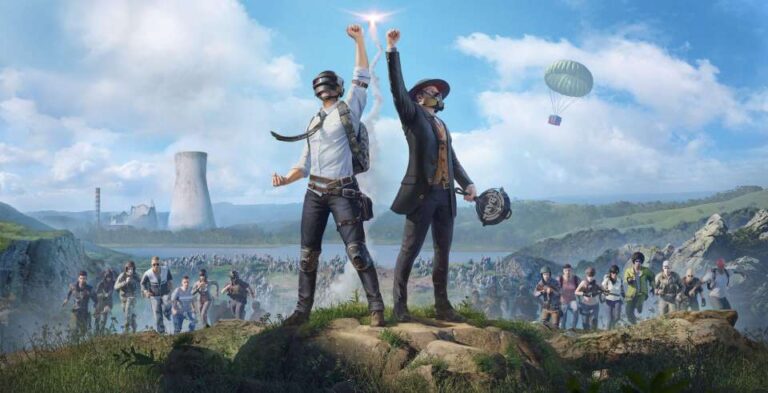
The hobby of playing video games has long been both glorified and shunned with one side citing its potential benefits, and the other focusing on the controversies surrounding the medium. Its popularity brought about a lot of change not just in how it was perceived but in how it affects real life. In the modern age, playing video games has become more than a hobby but a bona fide way to success with the emergence of “electronic sports” or “esports”. The professional take on the competitiveness of in-game skirmishes, played either individual versus individual or team versus team with its own set of rules and regulations.
The history of esports can be traced as far as 1972 when Stanford University hosted a tournament for Spacewar, a space combat game developed in 1962 for the PDP-1 minicomputer. From then on, numerous competitions have sprung and by 1974, just 2 years after, game publisher SEGA hosted the All-Japan TV Game Championships in Japan, and the rest is history. Throughout its existence, esports gave birth to a lot of gaming heroes. Gamers that thousands, if not millions have looked up as heroes and idols. Greats like Faker from South Korea, and Ukraine’s Dendi and Daigo Umehara, also known as “The Beast,” from Japan, have all made and continue to make their mark in history.
Even so, for the longest time, esports greats are far and few in between. As it relied on the efforts of passionate communities, opportunities back then, the big ones, are rare. Fast forward to the modern era and opportunities are better than ever. Online gameplay allowed more players to participate without having to travel far. Game makers themselves, publishers and developers are also making massive strides in forming and developing their own esports ecosystems, providing a path from amateur to pro play, from the cities and suburbs, all the way to the world stage.
A great example of such an effort is what Level Infinite has been doing for PUBG Mobile. The hit battle royale has opened esports opportunities starting from grassroots all the way to pro level play with their PUBG Mobile City Tournament or PMCT and PUBG Mobile National Championships or PMNC programs, providing avenues for gamers, particularly in the Philippines to win big not just in game but also in real life. PMNC currently is the biggest single game esports event in the Philippines in terms of prize pool, with PHP 1,000,000 on the line, and the winner will also be carrying the Philippine flag in the global stage, becoming the country’s representatives in the PUBG Mobile Pro League or PMPL, and extending even to the SEA Games, allowing esports athletes to further provide pride for their country.
PUBG Mobile’s ecosystem also still stays true to what matters, the community. By allowing grassroots squads to still take part in the ecosystem, and with the game’s design accommodating multiple squads to play at the same time, there is more variety, and opportunity to be found. Far more from other esports title that is switching to the Franchise approach which only allows for a few teams and players to become stars.
The continuous efforts as ones done by Level Infinite have been instrumental in creating esports opportunities for players not just in the Philippines but also the world, through various initiatives, tournaments, and collaborations. These efforts have not only helped in promoting esports but also provided a platform for players to showcase their skills and potentially earn recognition and win in life.
